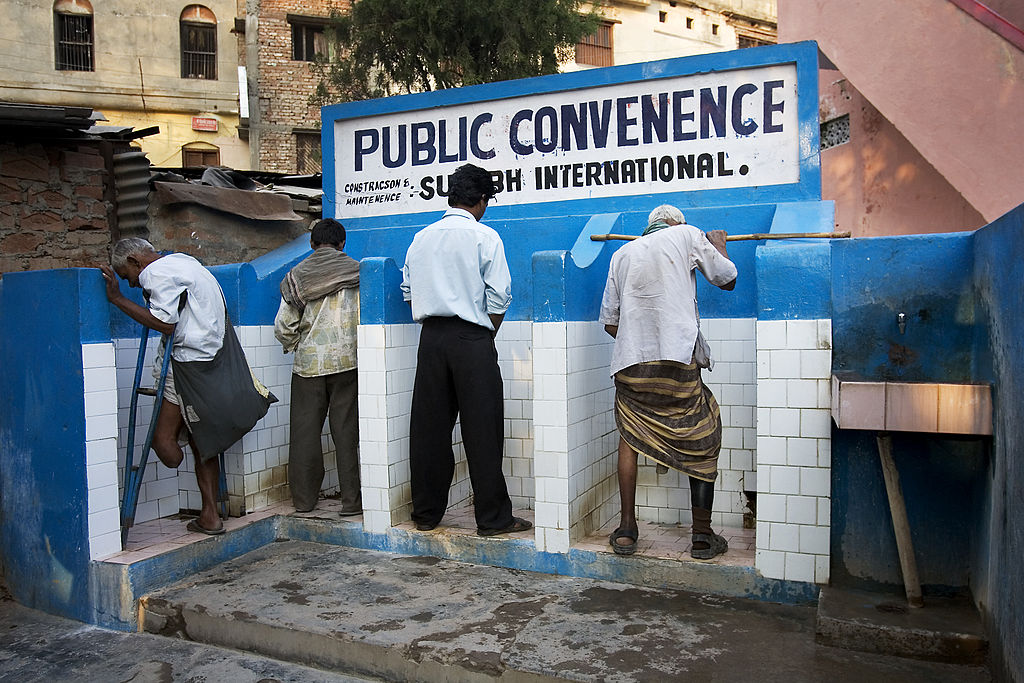Indian Politicians Are Cutting Off Power to People Who Poop Outside

Credit to Author: Ankita Rao| Date: Wed, 13 Sep 2017 16:46:48 +0000
The government in Uttar Pradesh, a state in north India, is reportedly cutting off power lines for villages that have not yet been declared free of open defecation.
Yes, you heard that right: The mostly impoverished villages where people are pooping in the open are now being blackmailed into building and using toilets. There are also reports from Indian media channel Times Now that the state government will withhold ration cards for subsidized food, and pension payments, for the same reason.
The local officials have been threatening to cut power for, it seems, a few months now. Back in August, an Uttar Pradesh magistrate directed the electricity department to black out households in the village of Gangithala, where only 19 percent of the households have toilets so far, according to the Hindustan Times.
I’ve written before about India’s open defecation problem. It’s a complex one: On the one hand, fecal matter left in the soil or on the streets can cause serious, life-threatening illness. On the other, without proper water and plumbing infrastructure, which are still woefully lacking in many Indian villages, the dream of building toilets is moot and discriminatory, even with subsidies from the Indian national government, which has promised (but not always delivered) to support toilet building projects by paying part of the construction costs.
Read More: Indian Officials Want White People to Stop Telling Indians How to Poop
But India—partly because of its obsession with presenting a shiny, modern facade to the rest of the world—wants to check off this sanitation box, even if it means starving people of other basic rights. While Prime Minister Narendra Modi’s precious “Swachh Bharat Abhiyan”—i.e. Clean India campaign—is focused on cleanliness, like curbing litter and building toilets, it has become more of a political priority at times than underlying issues like access to clean water.
There are, of course, success stories, like this one I reported from the state of Odisha, where a 34-year-old village head convinced her community in 2014 to build and maintain new toilets, and change their culture of relieving themselves in the fields. But it’s important to note that she was able to work with both the people of the village and the government to make it successful, not force it on everyone with a sweeping mandate and some cash.
Withholding electricity will only make life in Uttar Pradesh villages harder. Rural poverty in most of India is rampant, and the state ranks particularly low: Out of the state’s 200 million people, 60 million live in poverty, according to the World Bank. Cutting those people off from the (already tenuous) electricity that powers their phones, sewing machines, lamps, and fans will directly impact their livelihoods and health, especially in the scorching September heat.
Get six of our favorite Motherboard stories every day by signing up for our newsletter.